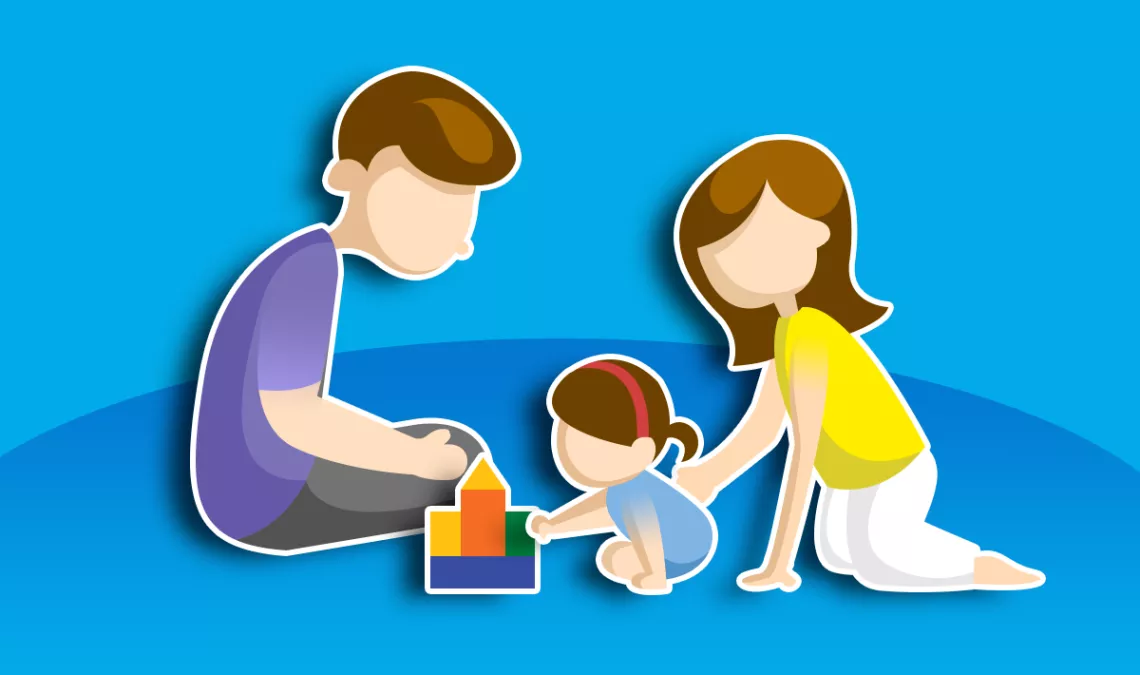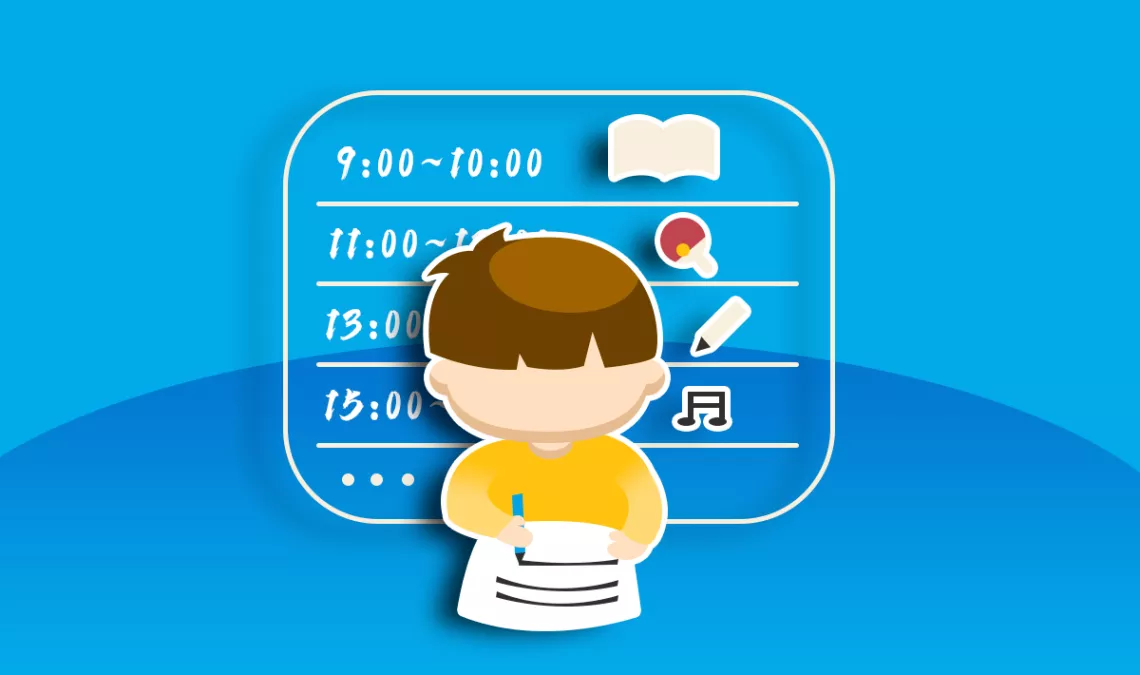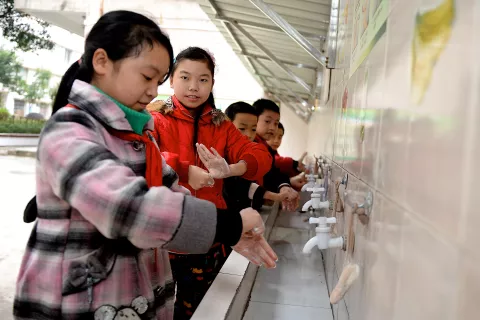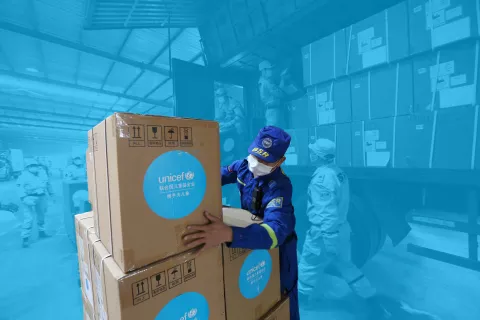Keeping your home healthy and safe
How families with children can keep their homes healthy and safe during the COVID-19 outbreak
- Available in:
- 中文
- English
Even after the Spring Festival in China, gatherings with families and friends and various travel and outdoor activities are being cancelled. And many people have been staying home with their families to avoid infection.
Living with family members in a confined space for long periods of time and being regularly bombarded by information about the epidemic can lead to boredom, anxiety, worry and panic. It may also lead to feelings of depression and fear, and induce physical changes like chest congestion and insomnia. These are all normal reactions to stressful circumstances.
For families with children, spending more time together increases the opportunities for parents to communicate with their child. To get through the COVID-19 outbreak, family members must remain the essential source of support by helping all family members to feel safe, positive and maintain a healthy mind.
As a Chinese proverb says, “misfortune may be a blessing in disguise”. And by following the five tips below, families can turn the COVID-19 epidemic into an opportunity to grow closer and build emotional resilience among all its members.
Establish daily communal routines to promote bonding between family members.

Arrange one or more family activities each day that require all family members to participate. (Be sure to also allow time for individual activities.)
Maintaining a harmonious family atmosphere is paramount for family members to feel emotionally safe. Long periods of stress will inevitably lead to people feeling upset, anxious and may raise even more serious emotional problems. It is important that family members support one another. And consistent communication between family members is one way to reduce stress during the epidemic.
Tailor your communication approach to your child’s age.

There are different ways to help children of different ages to understand the epidemic. Most children will have heard about the COVID-19 outbreak and will rely on their parents to better understand the situation. Because their normal lives have been disrupted or changed by the epidemic, they need to work with their families to develop effective responses.
Parents can help young children understand the epidemic by playing games with them or through storytelling, role-playing, or other artistic ways. For example, parents can work with their child to draw a picture of a virus, or read them an illustrated story on someone fighting the virus. Parents can also role-play with their child to help them understand how staying at home can be a powerful way to defeat the virus.
Parents may choose to openly discuss relevant information with their older children. Do not respond by saying things like, “this is an adult business which you wouldn't understand”. Try to address your child’s questions and be frank and honest about the real situation and possible solutions.
Play with your child.

It is important for parents to help children establish an optimistic attitude and the confidence to overcome current challenges and the difficulties they may face in the future — and this can be achieved through playing games.
Parent-child games can be an effective way to strengthen the parent-child bond, relieve stress, and build resilience in children. Parents shouldn’t let their children play by themselves; they should actively participate in those activities. For example, parents can join their children in physical exercise, story-telling, and quizzes to help children relieve their stress and anxiety.
Playing can also improve a child’s ability to regulate emotions. Parents can help their children to recognize their feelings by helping children express themselves through painting, cosplay, arts and crafts.
If you are a father, engage more with your child.

Fathers play a crucial role in child rearing and should be more engaged during the epidemic. Studies show that children whose fathers were more involved in parenting demonstrate better social adaptability and mental health.
During this period, household duties such as preparing meals, cleaning and sterilizing will be more onerous than on a usual working day. Fathers should take the initiative to undertake some housework every day and remember to play with their children. Children will enjoy the cheerful family atmosphere and feel empowered by connecting with and helping each other.
Value child participation.

During this challenging time, parents should give their child more attention. Encourage your child to participate by creating opportunities for them to share household chores as much as they can and involve them in family discussions and decisions. Children can discuss with family members daily routines and house rules, plan their own activities, and manage their time spent at home. In this way, children will have a sense of control, which will help them overcome feeling of uncertainty. This is also an opportunity for them to learn time management and improve planning skills.
With these five tips, you can turn this crisis into an opportunity for you and your family.




